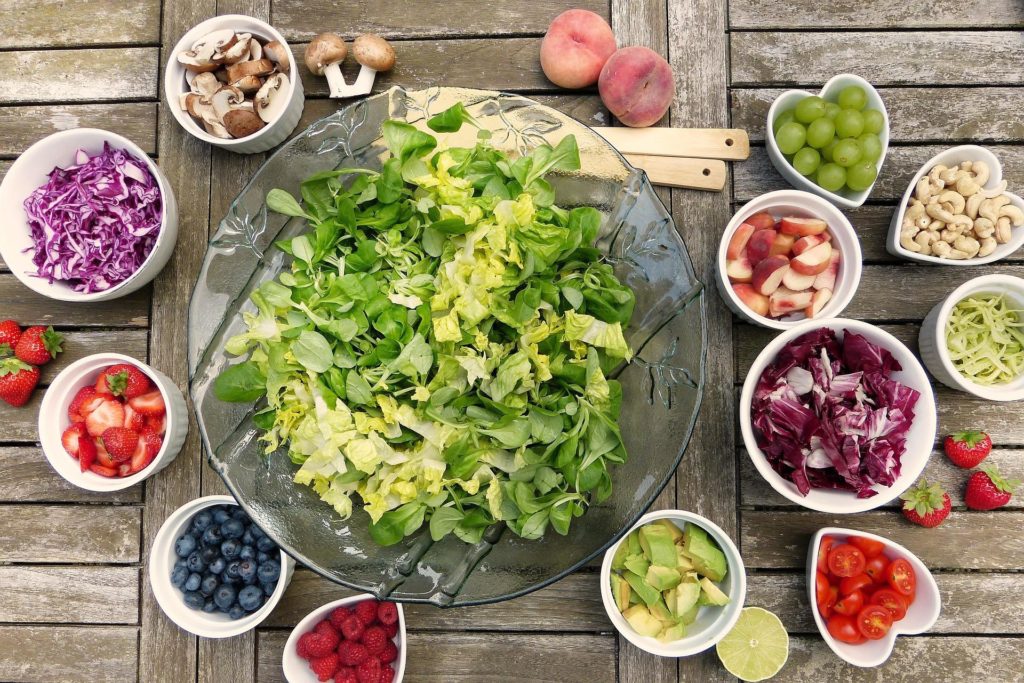
Taking care of yourself is not only doing sports, taking care of your face and hair, but also taking care of your body and body condition. The famous nutritionist talked about the most common deficiencies of vitamins and minerals that can be hidden in our body.
Magnesium
Most people get all the magnesium they need from food. As a rule, foods with a high fiber content provide a supply of magnesium. Good sources of magnesium are leafy green vegetables such as spinach, legumes, nuts, seeds and whole grains.
Where to find?
Pumpkin seeds, chia seeds, almonds, cooked spinach (1/2 cup), soy milk (1 cup), whole grain bread, avocado, cooked brown rice (1/2 cup).
Signs of deficiency:
• loss of appetite;
• nausea and vomiting;
• fatigue and weakness;
• convulsions;
• tingling sensation in the limbs.
Vitamin A (retinol) is a fat-soluble vitamin
Where to find?
The more yellow the vegetables/fruits are, the more they are saturated with provitamins (inactive forms that are already converted into active vitamin A in the body with the help of enzymes).
Active forms of vitamin A are liver, dairy products, eggs (with yolk), meat, fish.
Foods with the highest content of beta-carotene: carrots, pumpkin, parsley, spinach, broccoli, melon, apricots, peaches, kale, asparagus.
Assistants in the assimilation of vitamin A:
• oil (1 tsp is enough);
• vitamin E;
• zinc. Zinc deficiency leads to a violation of the transformation of the provitamin into an active form in the body.
Signs of deficiency:
• it does not affect visual acuity, but it does affect the deterioration of vision at dusk;
• pallor of the skin;
• hair loss (both deficiency and overdose).
Keep in mind that the vitamin is able to accumulate in the body, so observe the measure both in the amount and frequency of use. Vegetable products do not contain vitamin A, but its provitamin – beta-carotene.
Vitamin C is a water-soluble vitamin
Where to find?
Rose hips, sweet pepper, black currant, sea buckthorn, parsley (greens), cabbage (Brussels, cauliflower, young), tomatoes, cilantro.
Assistants in assimilation:
• vitamins A, E, B5, B9;
• iron;
• zinc, calcium.




